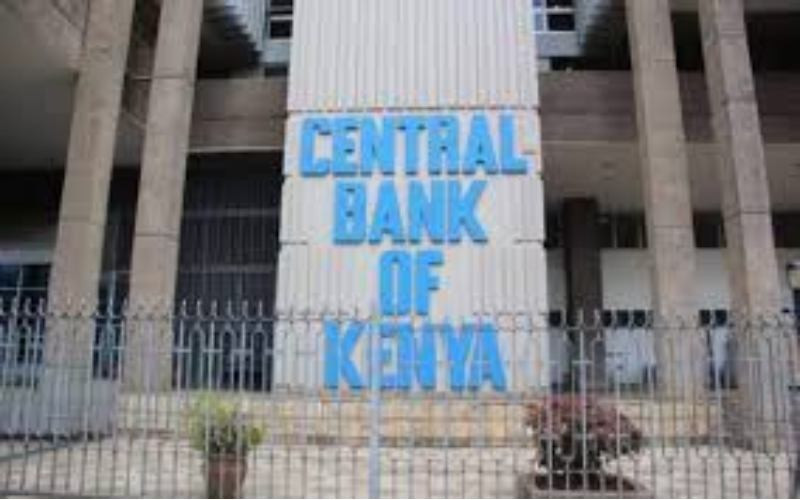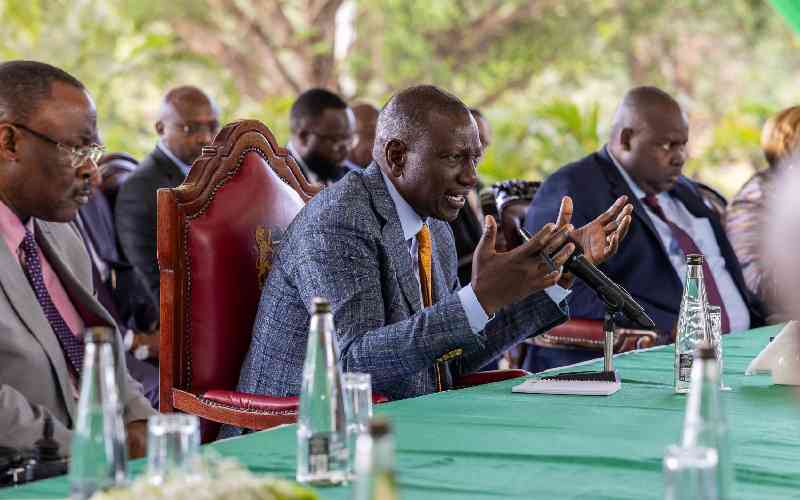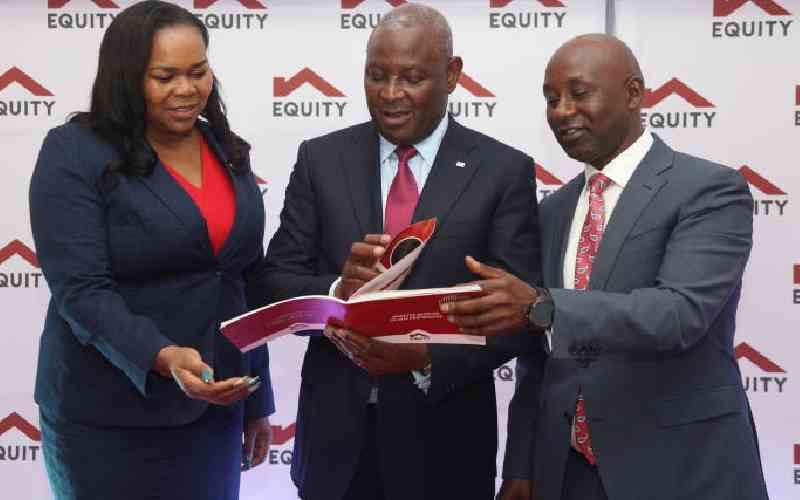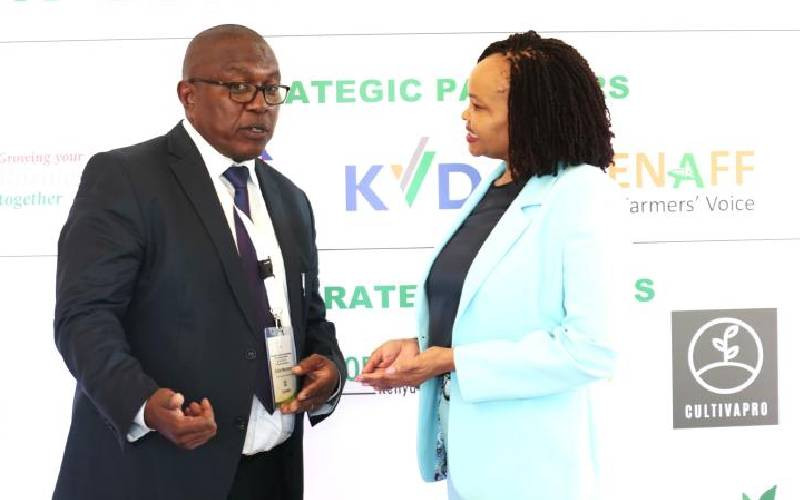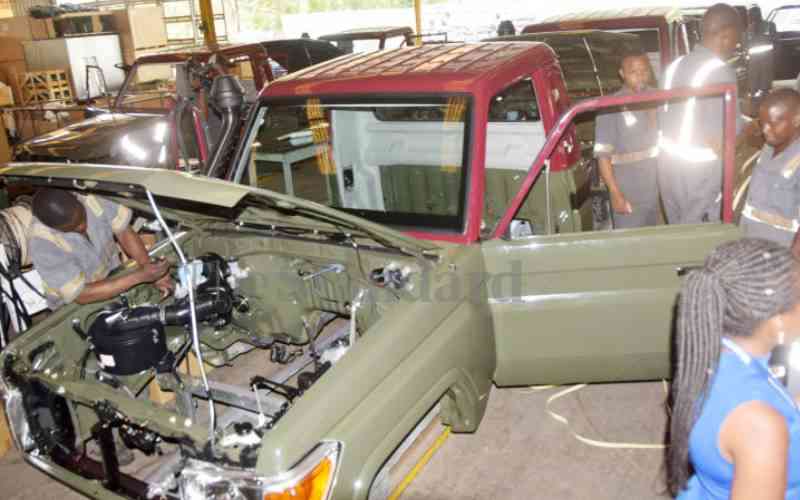
In the last few years, Kenya has braced itself for a radical overhaul of its budding automotive sector.
Through a mix of regulatory policy and taxation on the back of a weakening shilling, the country's second-hand vehicle market or grey imports is on the precipice.
This is as Kenya targets to spur the uptake of locally assembled and new cars as it fights to become a big automotive player in the continent - at par with giants such as South Africa.
Official data shows that second-hand car models make up more than 85 per cent of Kenya's imported Fully Built Units (FBUs) with the bulk coming from Japan. Last year, MPs adopted the National Automotive Policy (NAP) which aims to improve the local automotive assembly ecosystem in order to expand the local market size by promoting local parts manufacture.
"Implementation of the NAP will lead to a well-developed automotive sector that will create jobs, increase the gross domestic product (GDP), increase value-added, increase market access, develop skills, enhance innovation, develop research and development, and ensure a clean and sustainable environment," said former Industry and Trade Cabinet Secretary Betty Maina.
The policy details plans to implement a total ban on the importation of FBUs of commercial vehicles and a phased-out plan on the importation of used FBUs and vehicles with engine capacity exceeding 1,500cc.
This will also see a reduction in age limits of used imports starting from the current eight years to five years until it gets to zero. This means that the country is bracing for a phase-out of the importation of second-hand vehicles.
Local new car dealers have over the years expressed how grey imports are impacting their budding business.
Inchcape Kenya Managing Director Ms Julia Vershinskaya explains that grey imports have hurt the perception of premium vehicles in the Kenyan market.
Inchcape Kenya is the official distributor of a string of high-end automotive brands including Jaguar, Land Rover, and BMW in Kenya. "It's not a story, but a reality that if you import a vehicle from a region that's not similar to Kenyan conditions, the vehicle starts to malfunction," she warns.
"This brings customer dissatisfaction in terms of vehicle quality. They start speculating that the vehicles aren't performing well but there's nothing wrong it's just that these vehicles are not adapted for this market."
A grey import refers to a vehicle that enters through channels other than the maker's official distribution system and can be sourced from any country. Most grey imports are used vehicles in Kenya originating from countries such as Japan, the UK and Singapore.
This means that the majority of high-end vehicles on Kenyan roads are from the used car market. And it costs a lot to own a luxury car - from the high price tag to expensive repairs when it has an issue. "The grey import vehicles don't have a warranty or service plan, everything comes at your cost brings another level of grief," warns Vershinskaya.
"Customers need to understand that there's no such thing as a worldwide warranty but a regional one that's normally covered by a local authorised dealer." The grey imports aren't tropicalised and aren't suitable for the hot Kenyan weather. Tropicalised vehicles are intended mainly for use in Africa, the Middle East or countries outside Europe and the US.
These countries usually have high temperatures and the fuel quality is not the best. "If you export a vehicle from here to Russia for instance, it will die on the first day of winter which is -5 degrees Celsius. It will not ignite," she gives an example of what would happen if a car from the Kenyan market found its way to her native Russia.
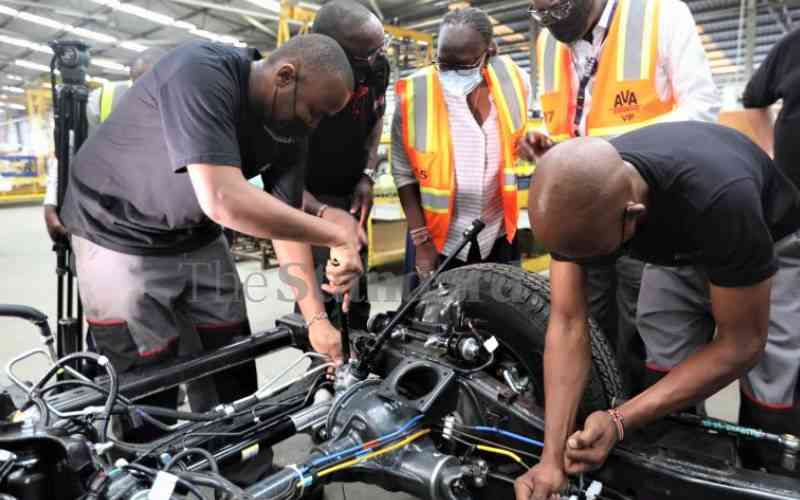
"For customers that own a locally purchased BMW with the right original package, there are no issues. There's a five-year service plan if anything happens, it's taken care of but it's very rare where we see any issue with those vehicles," she said.
Common malfunction issues reported from the grey imports include air conditioning (AC) which malfunctions owing to the hot weather and dust, cooling system, suspension and fuel adaptability. Those in the premium segment have to be careful about the vehicle's origin and go for such imports to save some money but spend even more on repairs.
"Sometimes, people say even if I don't have a warranty, there's this price gap if something happens, I can still accommodate. Then something happens, let's say your engine dies and it's a few million-shillings job so all your price difference dissolves in thin air," warns Vershinskaya.
In a previous interview with this writer, DT Dobie Managing Director Chris Ndala chipped in on the debate of reducing the market share of used cars.
This year, DT Dobie transferred its business assets to CFAO Motors Kenya. The new entity also expanded the local assembly offering by CFAO Motors Kenya, combining the assembly of Landcruiser 79 (LC79), Hilux pick-ups, Hiace and Hino trucks at Associated Vehicle Assembly (AVA) in Mombasa, and the VW Polo, Tiguan, Touareg, T-cross, Mercedes truck and buses and Hyundai trucks at Kenya Vehicle Manufacturers (KVM) at Thika, Kiambu County.
CFAO Motors Kenya now has the largest dealer network in the country at 36 with a combination of branches, dealerships and authorised service centres. "It's a big topic because it requires regulations and policies, which should be discussed regionally and even in the African Union (AU)," said Ndala.
"Kenya is on the right path. Let's start by limiting the age of what should come into the market, and that shouldn't just be a slogan, you have to apply that because shutting those used car dealers is impossible."
Ndala said some of the policies need to be relooked at, including a broader discussion on the manufacturing of parts locally. "The policymakers should involve us the assemblers to understand what we want because it's a good thing if we produce more locally as it will create employment for our people and we'll be able to make the car cheaper," said Ndala.
Ndala hoped that the local assembly of the "people's car" - the Volkswagen (VW) - will see more Kenyans troop to his showroom as new vehicles become affordable. "It's a product that's well-positioned in the market and thanks to the automotive policy in Kenya, we are able to assemble these vehicles locally and the rebates or incentives that we get from the government are passed on to the end-users," he said.
The vehicles range from just under Sh2 million to Sh5.5 million and include the Polo Vivo, Caddy Kombi van, Toureg and Tiguan lines.
Ndala said because of fuel quality, there are some countries that are not allowed to import certain vehicle models.
The reduction of the age limit will also see cleaner cars with fewer emissions on Kenyan roads. However, he noted that it's a long road for Africa as the new car market develops, even as car financing improves.
He explained that cheap is expensive, noting that Kenyans have no reason to fear buying new cars. The MD said some of the advantages of buying a new car include aftersale services and affordability
"For us, the relationship starts with the delivery. We don't tell you goodbye at the gate. In fact, that's when we start talking."
The overall new car market has recovered over the years spurred by buses and trucks owing to the country's tag as an industrialising nation.
This has seen DT Dobie eye this segment with trucks such as the Mercedes Actros. Isuzu and Toyota lead when it comes to the number of vehicle units sold in the country.
In the first six months of the year, Isuzu has sold 2,503 units followed by Toyota with 1,455 units, according to data by the Kenya Motor Industry Association (KMIA).
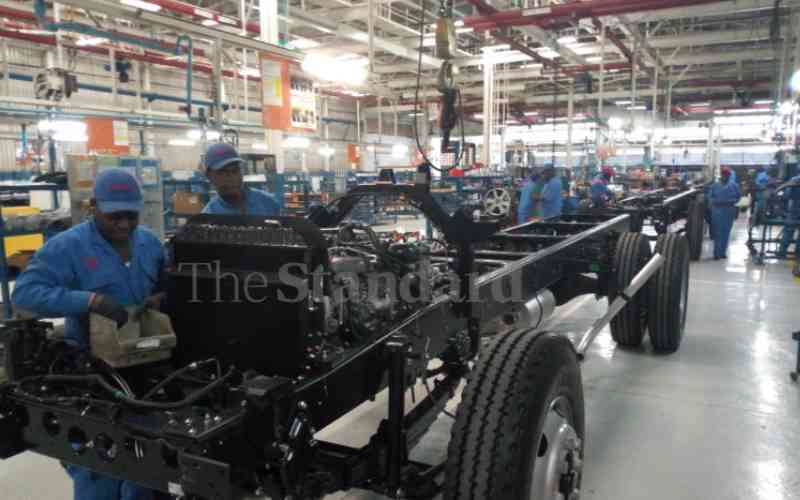
Mercedes sales in Kenya tend to pick up after June following the reading of the national Budget. As the local official Volkswagen dealer since 2014, DT Dobie also sells the VW Passat, favoured by top parastatals, and the Amarok, a high-end pick-up truck.
"New car dealers have traditionally relied on the government as the biggest buyer. Unfortunately, the government is changing tack and has gone into leasing, so what happens is that most of these dealers are now shifting from business to customer," explains motoring expert Trevor Lamenya, better known as Big Boy Trev.
He adds that local new car dealers can engage in savvy marketing initiatives and car financing options to boost uptake.
Big Boy Trev cites pricing as a big factor for Kenyans going for grey imports. "If you are to buy an equivalent vehicle in the new car space, it's going to be expensive ... why are these vehicles expensive? Taxation. People have found a way of affording what they can and that's the grey market," he said.
However, there's a tide of change as the government steadily over the years moves to make locally assembled cars more popular.
Car importers have been hit with an increase of import duty to 35 per cent on motor vehicles. This was after the East African Community (EAC) approved an application by Kenya to raise duty under the common external tariff.
The review of the import duty to 35 per cent from 25 per cent took effect on July 1, following the approval by the EAC Council of Ministers.
This means that vehicle importers must adjust their sale prices upwards by between Sh50,000 to Sh100,000 for small models of cars and by more than Sh500,000 for fuel-guzzlers as they factor in the tax when selling their vehicles, Car Importers Association of Kenya chairman Peter Otieno is quoted as saying.
"Things are changing now the government has focused on taxing the grey imports market over the spread of one year the prices of cars in the grey market have significantly increased even doubling," observed Big Boy Trev. A weakening shilling has also hit car importers hard. A weak shilling is harmful to Kenya given it is an import-driven economy.
The US dollar closed the week at Sh142.89 against the shilling. This is as Kenyans grapple with an already high cost of living and many new car buyers may have to start sourcing locally used ones.
Big Boy Trev observes that the price of a grey import car may reach a point that is almost similar to local new ones. "The prices are steadily going up and almost reaching the prices of a new car. There's going to be a tipping point ... the market is going to shift and people are going to buy new cars," he adds.
On the reliability of grey imports, he notes that owing to the age limit, they are susceptible to breaking down. "If a car has been in the market for over eight years that's a car over warranty when it comes to Kenya, it is going to be susceptible to failure because certain components such as timing belts, gearboxes at some point have an issue," explained Big Boy Trev.
He explains severity levels where car components have to be changed to meet local conditions. For example, cars from the UK or Japan have softer suspension owing to the smooth roads. There's also not much dust in such countries, meaning that those cars will clog up once they hit the Kenyan market and impact the car's performance.
 The Standard Group Plc is a multi-media organization with investments in media platforms spanning newspaper print
operations, television, radio broadcasting, digital and online services. The Standard Group is recognized as a
leading multi-media house in Kenya with a key influence in matters of national and international interest.
The Standard Group Plc is a multi-media organization with investments in media platforms spanning newspaper print
operations, television, radio broadcasting, digital and online services. The Standard Group is recognized as a
leading multi-media house in Kenya with a key influence in matters of national and international interest.




